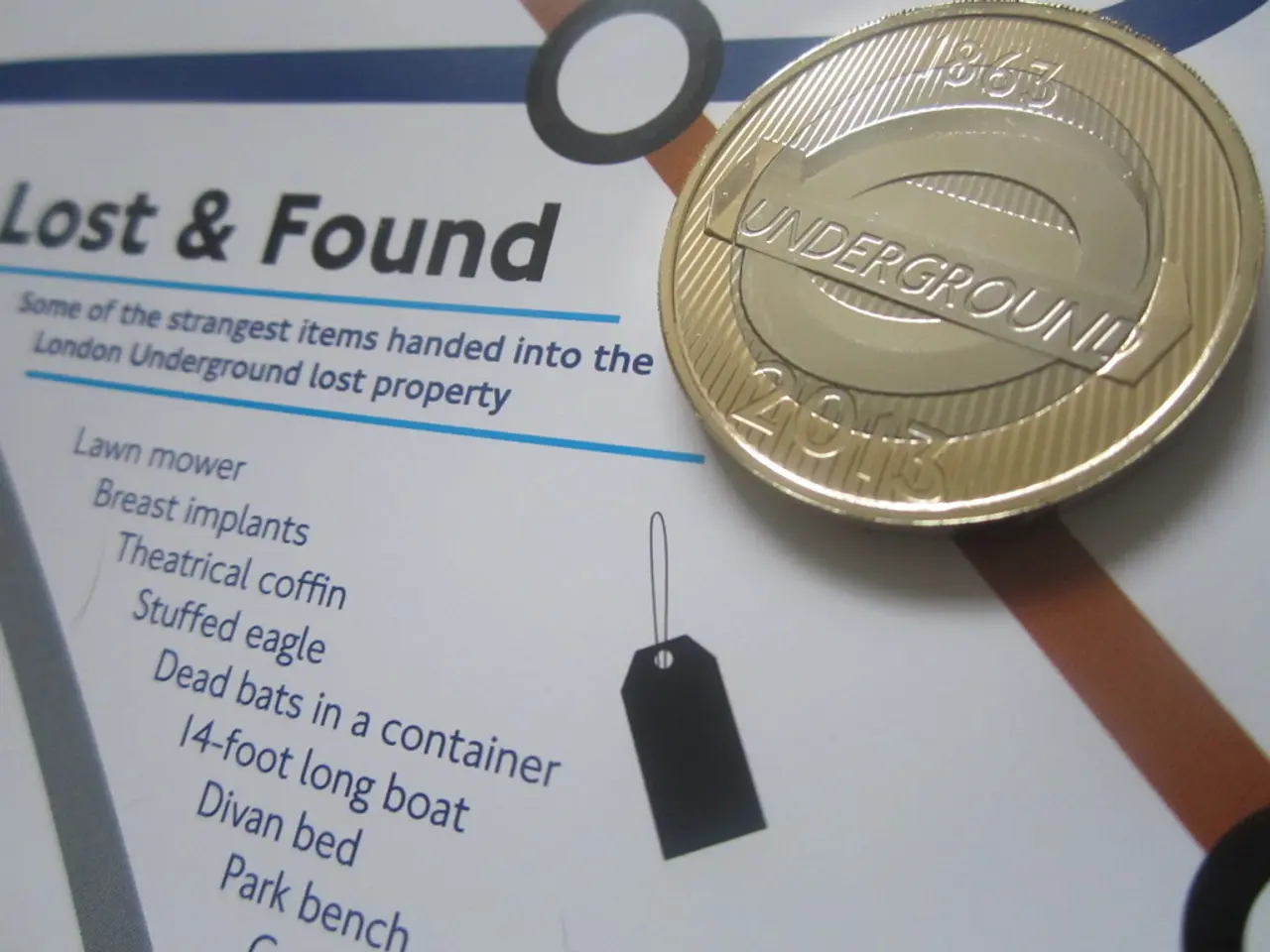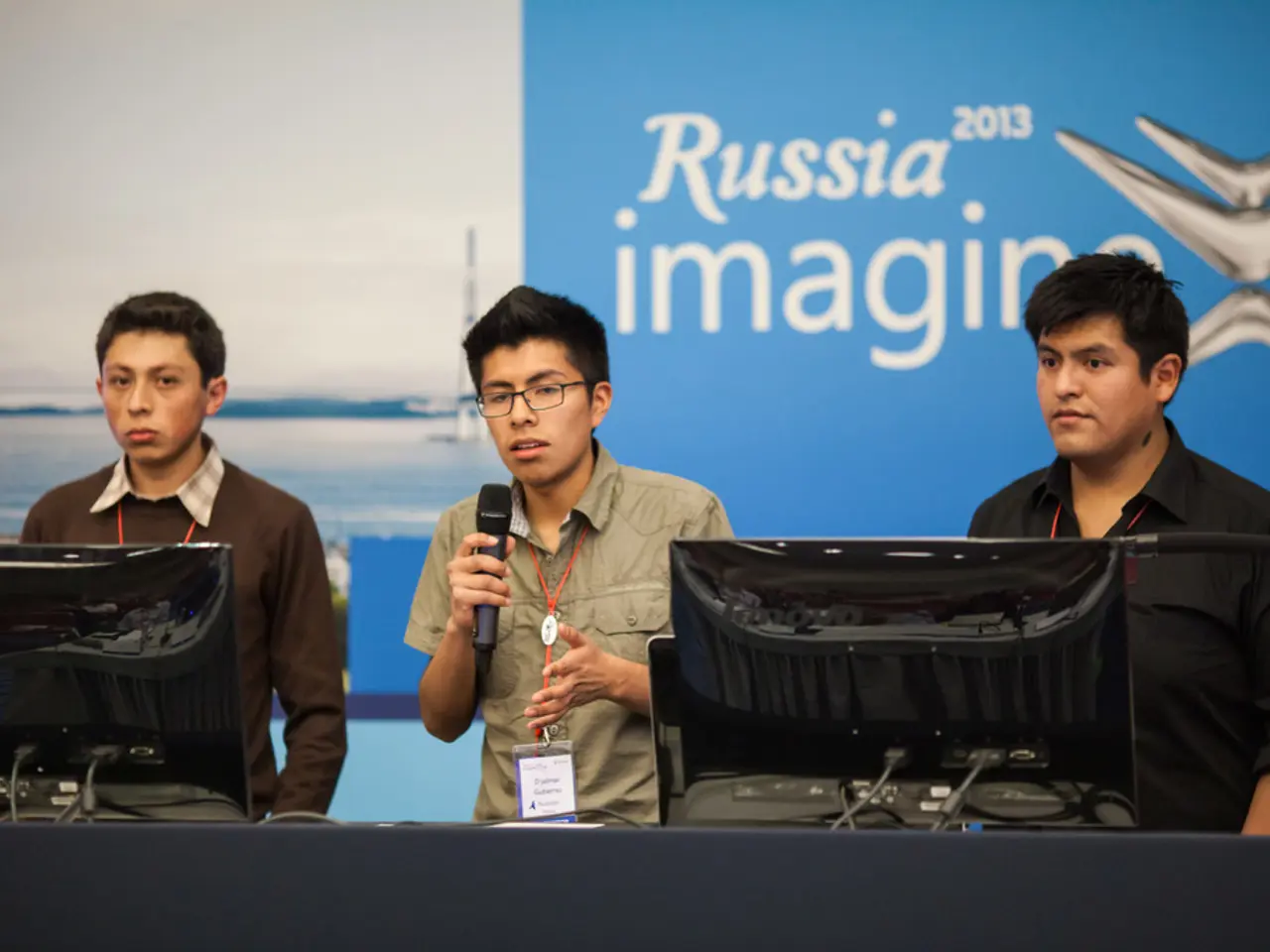Developing Nature-Based Solutions for Climate Resilience in the Mekong Delta's Agricultural Sector (June 20, 2025)
In a bid to fortify Vietnam's agricultural heartland, the Mekong Delta, the Ministry of Agriculture and Environment (MAE) partnered with our website, WWF Viet Nam, and other entities to design a project for the Mekong Delta's climate-resilient evolution. The project, titled "Scaling up Nature-based Agriculture Models," aims to batten down the hatches against climate change-induced threats and safeguard the region's food security and economic growth.
With a hefty US$25 million grant from the Green Climate Fund (GCF) and a US$350-450 million loan from the World Bank, the project, known as the Mekong Delta Climate Resilience and Integrated Transformation Project (MERIT), will steer the region towards eco-conscious agricultural practices. The GCF grant will underwrite soft engineering solutions to bolster climate resilience agriculture in 11 provinces of the Mekong Delta, enhance institutional and information system capacity, and facilitate improved access to financing.
On April 25, 2025, a technical consultation on this project proposal was held, bringing together 120 participants. This meeting aimed to gather feedback on the draft proposal for submission to the GCF.
The consultation kicked off with the MAE, our website, and WWF Viet Nam co-chairing the affair, sharing their insights on GCF design, provincial proposals, NbS criteria analysis, potential investment in ecosystem services, and private sector opportunities. The attendees engaged in spirited discussions on various aspects, including beneficiaries, potential private sector investment modalities, pre-feasibility study findings and recommendations, ecosystem investment potentials, additional interventions to align with the World Bank MERIT, and the strengths and deficiencies of the proposal.
The afternoon session was structured around four working groups, each addressing a specific topic. The groups emphasized the need for additional investment and the importance of identifying funding sources and marked provinces for the final proposal. One key takeaway from these group discussions was the need for further pre-feasibility work on proposed Biosphere Reserves, such as "Dong Thap 10."
A unique facet of this project lies in the Nature-based Agriculture Models promoting climate-resilient, nature-based agroforestry and sustainable agriculture tailored to the Mekong Delta's unique ecology. Key initiatives include ecological subregion planning, wild rice and habitat restoration, and building climate resilience and sustainability. These plans align with national priorities for sustainable agriculture and forestry development and address water flow irregularities and climate variability.
A significant chunk of the project's funding stems from the Australian Government, specifically through the Department of Foreign Affairs and Trade (DFAT) and WWF-Australia, with these partners supporting the implementation of nature-based solutions at the community level under the "Nature-based Solutions for Climate Adaptation in the Mekong Delta (CRxN)" initiative. The Vietnamese Government, too, plays an essential role by colluding the project into its national climate resilience strategies, sustainable agriculture policies, and international commitments like Net Zero by 2050 and the Global Biodiversity Framework, thus mobilizing domestic resources and fostering policy support to ensure the project's longevity.
- The "Scaling up Nature-based Agriculture Models" project, with a US$25 million grant from the Green Climate Fund, focuses on underwriting soft engineering solutions for climate resilience agriculture, enhancing institutional capacity, and facilitating improved access to financing.
- The Mekong Delta Climate Resilience and Integrated Transformation Project (MERIT), bolstered by a US$350-450 million loan from the World Bank, is poised to steer the region towards eco-conscious agricultural practices, which contribute to environmental-science solutions for climate change.
- Discussions during the technical consultation on April 25, 2025, addressed potential private sector investment modalities and the importance of identifying funding sources, with a key emphasis on additional investment and ecosystem investment potentials.
- The project incorporates Nature-based Agriculture Models that promote climate-resilient, nature-based agroforestry and sustainable agriculture, aligning with national priorities for sustainable agriculture and forestry development and addressing water flow irregularities and climate variability, while also contributing to biodiversity conservation.








